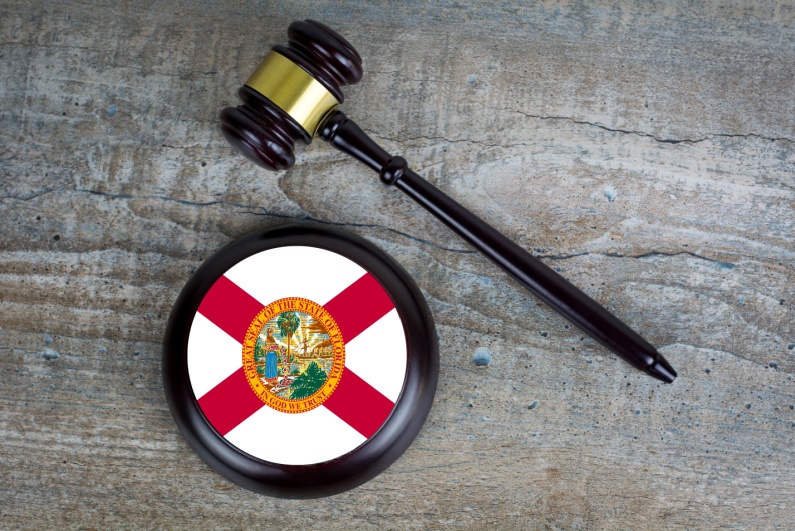The US Supreme Court has declined to hear a challenge to an agreement granting the Seminole Tribe exclusive rights to online sports betting in Florida.
The existing compact is a 30-year revenue-sharing deal agreed between the tribe and Governor Ron DeSantis. Through it, the tribe is expected to pay the State of Florida more than $2.5bn for the first five years alone, in exchange for the sole right to casino and sports bets in the state.
Tribal gambling controversy
The Indian Gaming Regulatory Act of 1998 requires bets to be placed on tribal land only in the US. Opponents of the Florida compact filed a petition, insisting that online bets, which can be placed from anywhere in the state, should not count as being placed on reservations.
responded by arguing that all bets are processed by central servers located on tribal land
Representatives of the Interior Department, however, responded by arguing that all bets are processed by central servers located on tribal land, a position that ultimately won out with the Supreme Court.
West Flagler Associates, which runs Magic City Casino, and Bonita-Fort Myers Corp., another local Florida gambling company, filed the petition. A concurrent effort to have the Florida Supreme Court reject the agreement was also thrown out.
A bad deal for Florida gamblers
The Seminole Tribe has been steadily expanding its gambling operations in recent years, and was understandably bullish after the ruling. “The Seminole Tribe of Florida applauds today’s decision by the US Supreme Court,” said Gary Bitner, a spokesperson for the group. “Members of the Seminole Tribe and all Floridians can count on a bright future made possible by the Compact.”
Others bemoaned the choice being left to Floridian gamblers in the wake of the ruling, like US sports betting attorney Daniel Wallach. “There’s no incentive for the Seminole Tribe to offer competitive promotional inducements,” he told the Front Office Sports podcast. “When there’s a monopoly and it’s controlled by one party, basic economic supply and demand dictate fewer customer-oriented incentives are going to be featured.”
Future tribal gambling implications
The ruling may also have repercussions that go beyond just sports betting. “It will accelerate Florida’s path to online casino gaming,” said Wallach, “potentially as early as next year or 2026.”
I would expect to see efforts ramped up in other states.”
The implications of the decision could also be far further-reaching than the Sunshine State. “Tribes in other states stand to benefit from this decision because now they have a clear roadmap that has cleared judicial review,” Wallach added. “I would expect to see efforts ramped up in other states.”
For now, it seems as though the compact is here to stay – for perhaps the full 30 years, but at least for the foreseeable future. The impact on the quickly-changing pace of gambling regulation throughout US states will remain to be seen.




